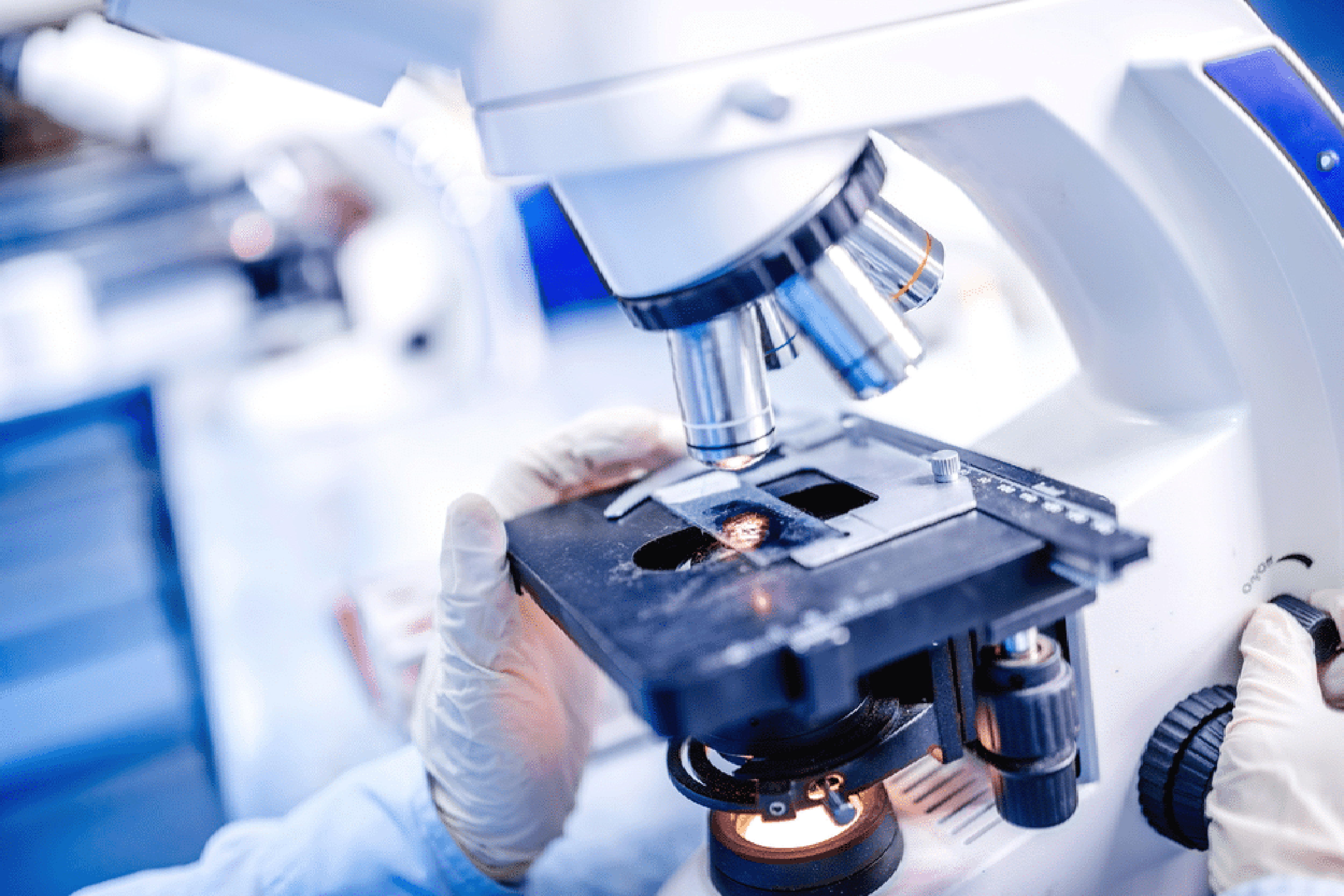The Clinical Microbiology Laboratory has a close working relationship with the Infectious Diseases division, the Infection Prevention and Epidemiology team, the Antibiotic Stewardship Program, and the Department of Pharmacy.and molecular diagnostics for tick-borne diseases including Lyme disease, Babesiosis, and Anaplasmosis. The technologist staff is outstanding and dedicated to providing rapid and accurate diagnosis of infectious diseases.
- UConn School of Medicine, Microbiology course.
- Laboratory rotations for medical students.
- An annual two-week microbiology training rotation for fellows from the Division of Infectious Diseases.
- Microbiology bench rounds for Infectious Disease fellows weekly.
In microbiology, serologic tests are used to determine if a person has antibodies against a specific pathogen, or to detect antigens associated with a pathogen in a person's sample.
Serology is the study of blood serum (the clear fluid that separates when blood clots). Immunology and serology laboratories focus on the following: Identifying antibodies. These are proteins made by a type of white blood cell in response to a foreign substance (antigen) in the body.
Clinical microbiology: investigates microorganisms that cause infectious diseases. Those who work in the clinical microbiology laboratory are referred to as medical microbiologists. Public health microbiology: investigates microorganisms that pose threats to the public's health.

